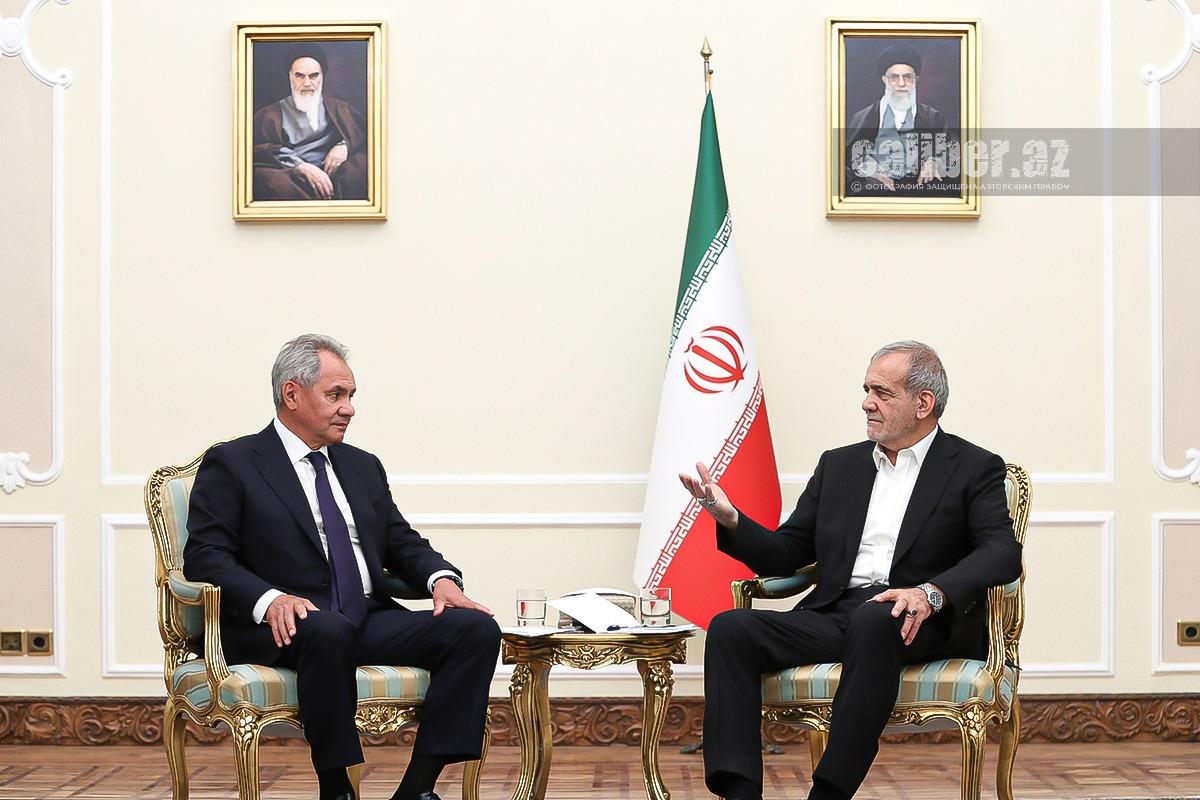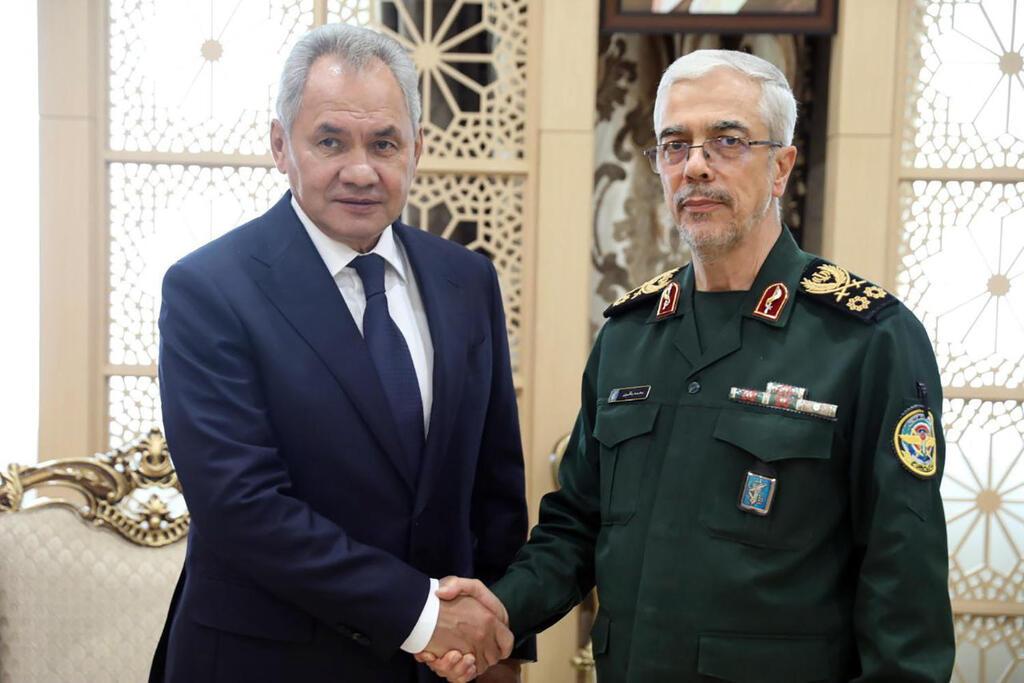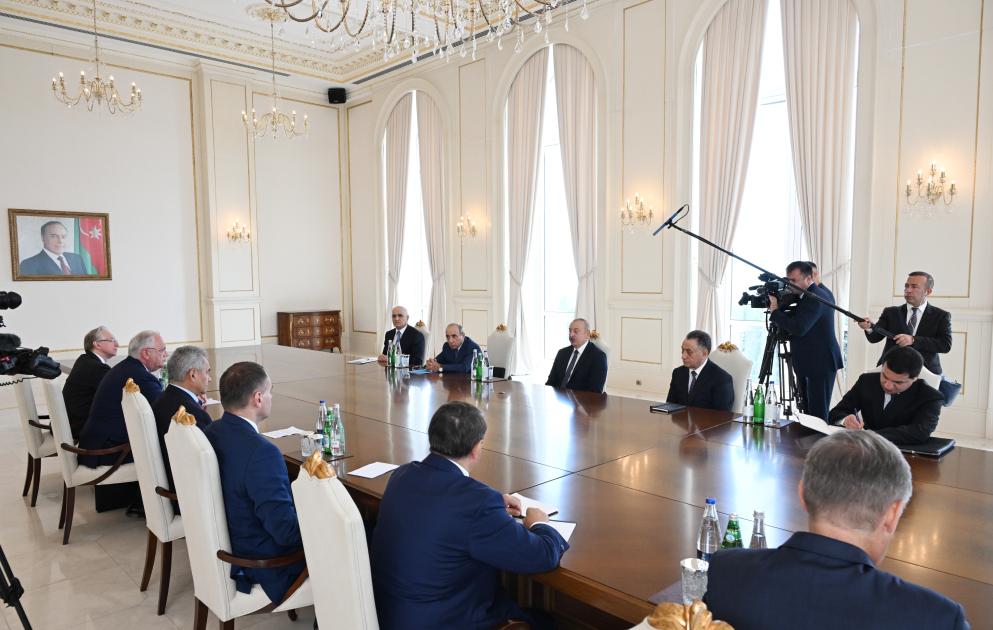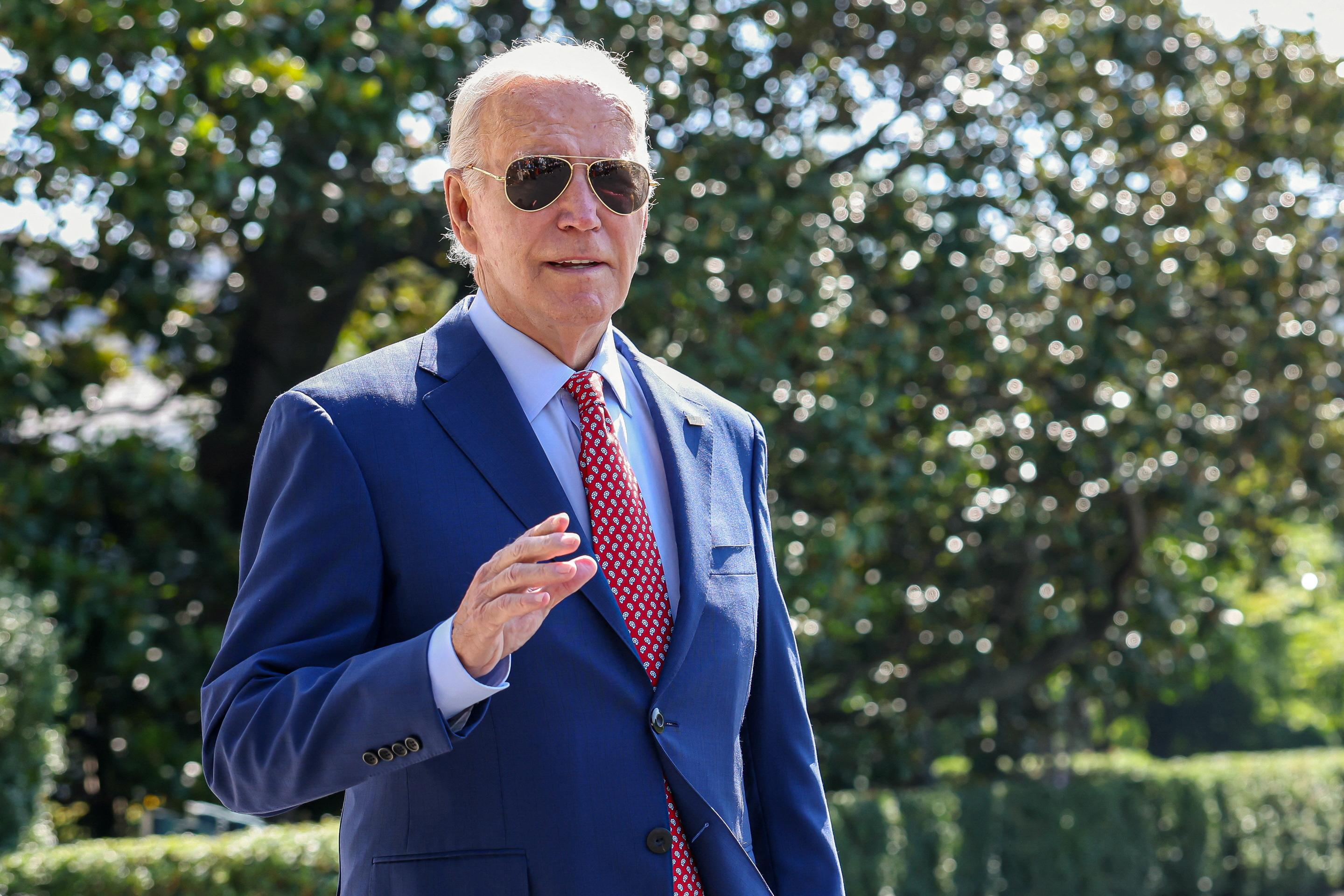Kremlin diplomatic moves: Tehran & Baku visits amid Mideast tension Russia’s strategic engagements
The Middle East is once again at the center of global attention as tensions between Israel and Iran escalate following the assassination of Hamas leader Ismail Haniyeh in Tehran. The situation has drawn in major global powers, with Russian Security Council Secretary Sergei Shoigu making high-profile visits to Tehran and Baku. As the international community braces for potential conflict, questions arise about the implications of these developments for regional stability and global security.
Aggravation of Tehran-Tel Aviv relations
The Middle East has long been a powder keg, with its complex web of alliances, rivalries, and ongoing conflicts. The recent assassination of Ismail Haniyeh in Tehran, followed by the killing of Hezbollah commander Fouad Shukri in Beirut, has intensified tensions between Tel Aviv and Tehran. Iran, a staunch supporter of both Hamas and Hezbollah, has vowed to retaliate against Israel. Tehran's leadership has sent clear messages of their intent, even using diplomatic channels like Hungary to signal their resolve.
The prospect of a full-blown war between Israel and Iran is a source of significant concern. Such a conflict would likely involve proxy forces and could easily spread beyond the immediate region, potentially dragging in other powers and destabilizing the already volatile Middle East. The situation is further complicated by the geopolitical interests of global powers, each of which has a stake in the outcome of any such conflict.

The assassination of Ismail Haniyeh has brought Tehran and Tel Aviv closer to a confrontation than ever before. Israel, known for its covert operations and targeted assassinations, has a history of striking at key figures within hostile organizations. However, killing a prominent figure like Haniyeh on Iranian soil is an escalation that Tehran cannot ignore without losing face, both domestically and within the broader Muslim world.
Iran’s leadership has made it clear that they intend to retaliate against Israel "at the appropriate time, place, and manner". This rhetoric has raised alarms in the international community, as any military action could easily spiral into a larger regional conflict. The situation has also strained Iran’s already tenuous relations with the West, particularly with the United States, which has consistently supported Israel in its confrontations with Iran.
Amid these rising tensions, Sergei Shoigu’s visit to Tehran takes on a new significance. Russia and Iran are strategic partners, both seeking to counterbalance Western influence in the Middle East. Shoigu’s visit could be seen as a show of support for Iran, but it may also be an attempt by Moscow to mediate and prevent the situation from escalating into a full-scale war. The delicate balance of power in the region makes any misstep potentially catastrophic.
Why did Shoigu visit Tehran?
Sergei Shoigu’s visit to Tehran came at a critical juncture, raising questions about Russia’s intentions and objectives. While the official narrative focused on strengthening bilateral cooperation and discussing regional security, the timing of the visit suggests deeper strategic considerations.
One possible motive behind Shoigu’s visit is Russia’s desire to solidify its role as a key player in the Middle East. By engaging directly with Iran, Russia can position itself as a mediator in the escalating conflict between Tehran and Tel Aviv. This role not only enhances Russia’s influence in the region but also allows Moscow to protect its interests, particularly in Syria, where both Russian and Iranian forces are present.

Another potential reason for Shoigu’s visit is to offer support to Iran in its confrontation with Israel. Russia and Iran share a common goal of diminishing US influence in the Middle East. By backing Iran, Russia can weaken Israel, a close ally of the United States, thereby challenging American hegemony in the region. Shoigu’s visit could also be a signal to Washington that Moscow is prepared to intervene if the situation escalates.
Finally, Shoigu’s trip to Tehran may be aimed at gathering intelligence and assessing the situation on the ground. With the Middle East on the brink of another major conflict, understanding the intentions and capabilities of regional powers is crucial for any global player. Russia, with its vested interests in the region, would be keen to avoid any surprises that could disrupt its strategic plans.
Shoigu’s unannounced visit to Azerbaijan
Following his visit to Tehran, Sergei Shoigu made an unannounced stop in Azerbaijan, where he met with President Ilham Aliyev. This visit, though brief, is significant in the context of the broader geopolitical landscape.
Azerbaijan, a key player in the South Caucasus, has traditionally maintained a delicate balance in its foreign relations, particularly with Russia and the West. Shoigu’s visit could be interpreted as an effort by Moscow to reinforce its ties with Baku, especially given the current tensions in the Middle East. By ensuring Azerbaijan’s continued cooperation, Russia can secure its southern flank and maintain its influence in the strategically important Caspian region.

Another aspect of Shoigu’s visit could be related to the ongoing normalization process between Azerbaijan and Armenia, which Russia has been actively mediating. Shoigu’s discussions with President Aliyev may have included security arrangements and military cooperation, particularly in light of the potential for regional instability stemming from the Iran-Israel conflict.
Moreover, Shoigu’s stop in Baku could be seen as a way to counterbalance Western influence in Azerbaijan. As the United States and its allies ramp up their diplomatic efforts to contain Iran, Russia’s engagement with Azerbaijan serves as a reminder that Moscow remains a key player in the region, capable of influencing the course of events.
US efforts to protect Israel
As tensions between Iran and Israel reach a boiling point, the United States has intensified its diplomatic efforts to protect its key ally. President Joe Biden, Secretary of State Antony Blinken, and other senior officials have been actively engaging with allies in the Middle East, urging them to de-escalate the situation.
The United States has made it clear that any escalation in the Middle East is not in anyone’s interest. Washington has been pressuring Iran through diplomatic channels, warning that any aggression against Israel will be met with a strong response. The US has also been working to ensure that its allies in the region, particularly Saudi Arabia and the United Arab Emirates, remain aligned with its stance against Iran.

In this context, Russia’s actions are being closely watched by Washington. The US State Department has expressed skepticism about Russia’s role in de-escalating tensions, noting that Moscow has been largely absent from diplomatic efforts since the October 7 events. Instead, Russia appears to be focused on strengthening its ties with Iran, which could further complicate the situation.
As the world waits to see how these tensions will unfold, the stakes are high. A full-scale conflict between Iran and Israel could have far-reaching consequences, not just for the Middle East but for global security. The involvement of major powers like Russia and the United States adds another layer of complexity to an already volatile situation.
In the coming days, the actions of these global players will be crucial in determining whether the region inches closer to war or find a way to step back from the brink. For now, the world watches, as the Middle East teeters on the edge of a new and dangerous chapter.








